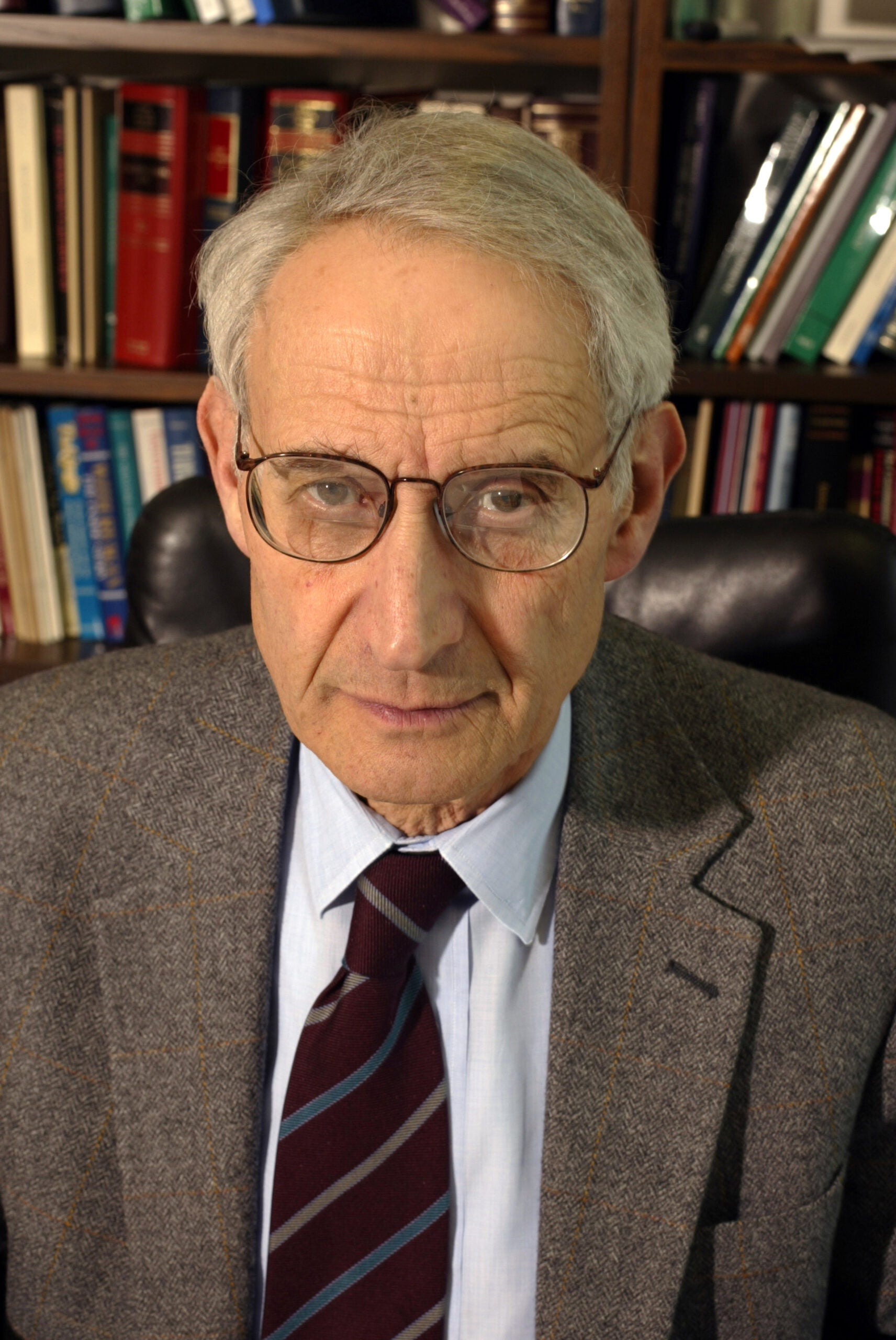Post Date: January 3, 2006
The following op-ed by Professor Charles Fried, Samuel Alito, in Context, appeared in The New York Times on January 3, 2006.
Judge Samuel A. Alito Jr.’s opponents have seized upon two memorandums he wrote when he was a junior lawyer in the office of the solicitor general: one on the Thornburgh case, which dealt with Roe v. Wade, and the other on Mitchell v. Forsyth, which addressed the attorney general’s personal liability for wiretaps found to violate the Constitution.
Determined to fit the man to the Scalito caricature with which they hope to defeat his nomination to the Supreme Court, Judge Alito’s detractors ignore the context and the content of both documents.
First the context. These were not the writings of a political operative seeking to make trouble or advance an agenda. The solicitor general takes a case to the Supreme Court only when some other part of the government – perhaps a division of the Department of Justice or another agency – recommends it.
In these instances, assistant attorneys general, presidential appointees and members of the attorney general’s staff had formally recommended that the solicitor general argue to the Supreme Court in one case that Roe v. Wade be overturned, and in the other that the attorney general be granted absolute immunity from personal suits for his official actions.
As in every case, a junior staff member was assigned to analyze these recommendations and propose a course of action to the solicitor general. It fell to Judge Alito to write those memos.
Now the content. What is remarkable in both cases is that Judge Alito recommended against taking the position that more senior, politically appointed officials were urging the solicitor general to take before the court. In the abortion case, not only the head of the civil division but also other high-ranking officials were urging that I, as the solicitor general at the time, ask the court to overturn Roe v. Wade. The bottom line of Judge Alito’s memo was that I should not do that.
Judge Alito did note that the lower courts’ decisions in Thornburgh were highly irregular on technical, procedural grounds (a position with which Justice Sandra Day O’Connor agreed, in her dissent when Thornburgh reached the Supreme Court), and that Roe might well be modified – as it has been – in less radical ways over the years.
More context. My predecessor, Rex Lee, had been criticized within the Reagan administration for not directly opposing Roe, given that the department had more or less officially assumed the position that the case had been wrongly decided. At the time, this was hardly a radical stance. Mainstream legal thinkers, including the Watergate prosecutor Archibald Cox and John Hart Ely, the dean of Stanford Law School, espoused it. And Judge Alito’s memo made clear that he agreed. But Mr. Lee’s critics claimed that the solicitor general too readily followed the advice of career lawyers on his staff, many of whom were hostile to the Reagan agenda, especially on Roe, and used highly technical arguments to undermine it.
It is hardly surprising, then, that Judge Alito took pains to deny any personal hostility to a project that he was recommending should be once again postponed. In the event, I did not follow Judge Alito’s advice and instead asked that Roe be reconsidered and overturned because I thought the administration had the right to have its position put before the Supreme Court in a forthright but professionally correct way. Judge Alito in his memo correctly predicted that the court would react with hostility to the administration’s argument.
Judge Alito’s wiretap memorandum was if anything an even clearer example of a career lawyer doing his job properly and dispassionately. The solicitor general in that case represented not only the Department of Justice and its prerogatives but also the attorney general, who the lower court had ordered to pay damages out of his own pocket for a wiretap that was found to be illegal. The attorney general asked the solicitor general (at that time, Mr. Lee) to argue for immunity from personal liability in such a suit.
Judge Alito recommended that the solicitor general not take this case to the Supreme Court because he thought it was a sure loser. It is hardly surprising that Judge Alito, like many lawyers delivering bad news to a client, expressed sympathy for the client’s position. But the bottom line was just what Judge Alito’s higher-ups did not want to hear. And here, too, the solicitor general did not take Judge Alito’s advice – which once again, in the end, proved right.
What these episodes illustrate is a man who is not a lawless zealot but a careful lawyer with the professionalism to give legally sound but unwelcome advice. They also show a person who can tell the difference between the law and his own political predilections.
Charles Fried, a law professor at Harvard, was solicitor general of the United States from 1985 to 1989.
